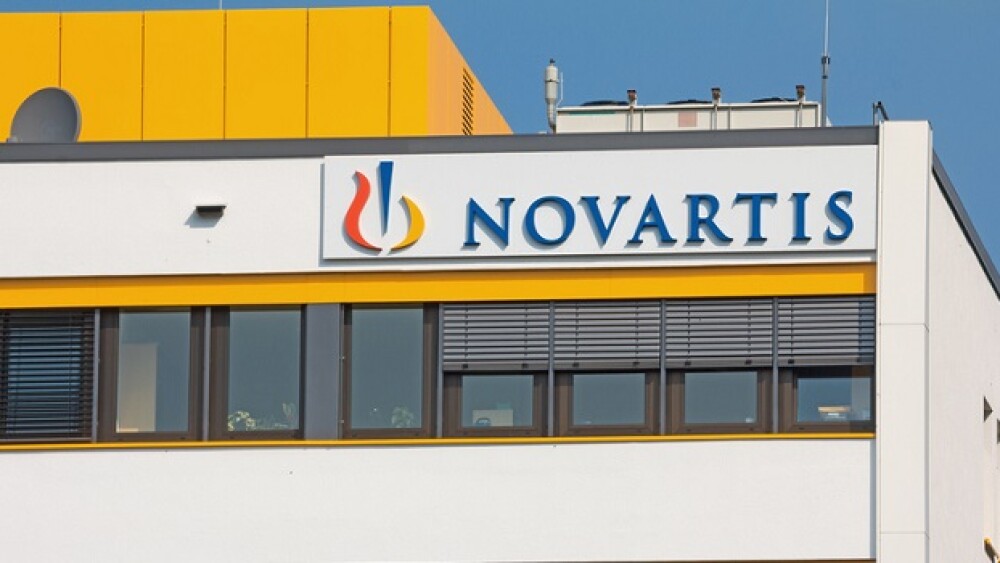The trial demonstrated that C3G glomerulopathy patients treated with the oral factor B inhibitor saw a significant reduction in protein in their urine. The results come days after iptacopan won the FDA’s green light for a rare blood disease.
Pictured: Novartis office in Marburg, Germany/iStock, TBE
Novartis on Monday released topline results from the Phase III APPEAR-C3G study showing that its oral factor B inhibitor iptacopan significantly reduced protein in the urine of patients with C3 glomerulopathy, an ultra-rare and progressive kidney disease.
In APPEAR-C3G, twice-daily treatment with 200-mg iptacopan—when given on top of background therapy—led to a “clinically meaningful and statistically significant” improvement in proteinuria after six months, according to Novartis’ announcement. Iptacopan’s safety profile in the study was consistent with prior studies.
C3 glomerulopathy (C3G) is characterized by the underlying hyperactivation of the alternative complement pathway. As a result of this hyperactivation, C3 protein deposits and accumulates in the kidney glomeruli, which in turn gives rise to kidney damage, impaired kidney function and the presence of protein and blood in urine.
Iptacopan addresses the underlying pathology of C3G by inhibiting factor B, which is a central player in the alternative complement cascade.
“These positive results demonstrate the potential of iptacopan to provide clinically meaningful benefit in C3G and add to our growing body of evidence that supports its use across multiple complement-mediated diseases,” Novartis CMO Shreeram Aradhye said in a statement.
Novartis did not reveal specific data in Monday’s announcement but said that it will submit the findings for presentation at an upcoming medical congress. The pharma will also discuss its data with global health authorities, building up to potential regulatory filings in 2024.
APPEAR-C3G will continue into its six-month, open-label phase where all patients will receive iptacopan, including those being treated with placebo. Novartis is also running a separate cohort testing iptacopan in adolescents with C3G.
Beyond C3G, Novartis is also trialing iptacopan in IgA nephropathy (IgAN). In October 2023, the company said that topline data from its Phase III APPLAUSE-IgAN study demonstrates strong reductions in proteinuria in IgAN patients, as compared with placebo. Regulatory submissions for this indication are also slated next year.
Monday’s late-stage win comes days after iptacopan secured the FDA’s approval for the treatment of paroxysmal nocturnal hemoglobinuria (PNH), a rare blood disease characterized by anemia and thrombosis. Iptacopan carries the brand name Fabhalta in that indication.
Novartis on Monday also posted 48-week data from the APPLY-PNH study, demonstrating the durable efficacy and long-term safety of Fabhalta in this indication. Patients who had received continuous treatment with Fabhalta saw consistently high levels of hemoglobin and were able to avoid undergoing blood transfusions.
Tristan Manalac is an independent science writer based in Metro Manila, Philippines. He can be reached at tristan@tristanmanalac.com or tristan.manalac@biospace.com.






